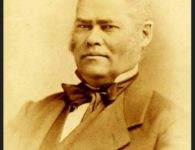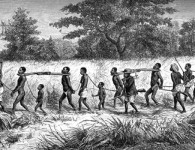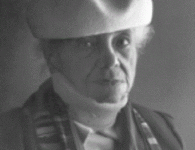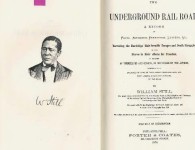Bussa’s Rebellion of 1816 heightened fears among planters in Barbados. The reality that the White population in many of the British Caribbean colony was outnumbered. One obvious action taken was bolstering the militia presence in the colonies in case more rebellions broke out. Depending on the governor this was viewed as the immediate solution or a fail safe. In Barbados’ case, one option was The Consolidated Slave Law which was put through the Barbados Parliament in 1826.
THE CONSOLIDATED SLAVE LAW
Barbados attempted a velvet glove approach by pushing for planters to make conditions better on their plantations. Now, this should be a no brainer: Black people make up the population and chance for rebellion could be reduced if people are treated humanely.
Also, Britain had conflicts throughout the world. Sending troops to deal a threat to economic health because the people in charge are causing social issues and want to continue with the actions that caused the problem is a waste of resources.
Of course, planters don’t see it this way. They wanted to continue treating slaves unjustly so a “balance” had to be struck. To better slaves’ lives in Barbados, they would now be able to provide evidence in court, would get reduced manumission fees, and could now own property.
For slave owners they could kill slaves during a rebellion, kill slaves who threaten White people’s lives, and Black people need a proof of freedom or will be considered to be slaves.
If these concessions seem unbalanced—you’d be correct. Also, the property was mostly owned by planters and other White people of influence. They set the prices and slaves—and even free Blacks still working on plantations—weren’t earning much at all.
REFERENCE
-https://en.wikipedia.org/wiki/Consolidated_Slave_Law





















1 Comment
Generico Levitra Online Italia Acquisto Sicuro Viagra Online Viagra In Holland Acquistare Viagra Yahoo Dosis De Kamagra